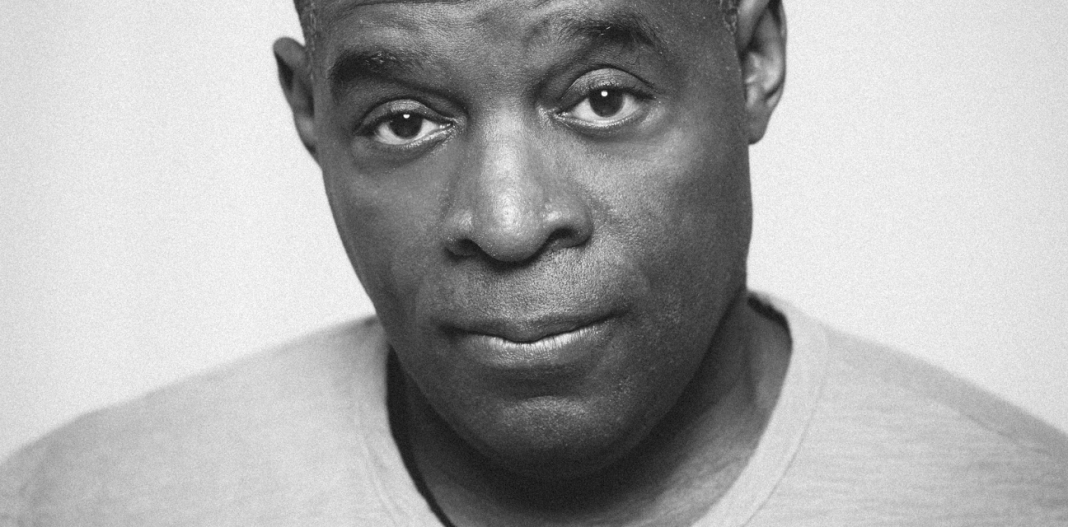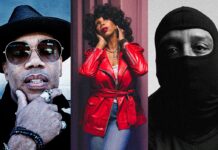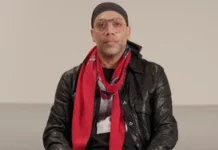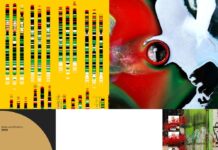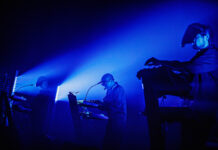What’s your option on the current state of dance music?
It’s more diverse. There is a lot out here. There is a lot of bad music but also a lot of good music and well-produced music. It takes time to get it, you might miss a track or ten tracks because it’s just so much. You get all these e-mails and files and there is Beatport and Juno. It is a little hard to follow it. You can always find good tracks, that’s the good thing. Back in the late nineties it was a bit strange, everything was either trance or progressive house. There wasn’t this much Techno. Now it is really across board.
With Inner City, you merged club music and pop. “Good Life” and “Big Fun” were floor-smashers, yet they worked on the radio as well. Why do you think house tracks that are pop songs at the same time are gone?
Maybe there are not as many today. Maybe it is hard for the younger DJs to feel confident to play a vocal track. They would play a track with vocals. But a vocal track is hard to mix in with everything else. They don’t take as many chances.
Going back to your past, I wondered how you got into the music in the first place. Your personal history is quite unique: you grew up in New York, but you moved to Detroit later. Why did your parents go back and forth between the two cities?
Well, my mother was from Detroit. At a young age, she took a trip to New York. She met my father and they fell in love and Kevin Saunderson was born. (smiles) I think after a while, when my mother got my sister, she felt the need to come back to Michigan. It wasn’t as safe in New York and there was a lot of stuff going on so she thought it would be better for us here. So she moved us to the suburbs. It wasn’t really Detroit, it was Belleville.
What did you miss about New York?
Everything! It was extremely different. New York was noisy, there was trash everywhere, it smelled. I lived in Brooklyn, in the Flatbush area. Demographically, there was a variety of people. There was basically everybody: Blacks, people from Africa, a lot of Jews and you had the Projects. It was more spaced out, more green in Detroit. I didn’t even visit the city of Detroit until I became 15 or 16. In Belleville, I came into an area where I almost felt like it’s a white supremacy, it was very racist and there were very few Blacks. My mother studied at the University of Michigan and she wanted a safer, better life for us. She did not think about the other part.
I am sorry to hear that, I had no idea. How did you experience the racism?
The first time I experienced racism I had no clue what racism was. I would walk outside, and this car would come by with younger kids in it driving in my neighborhood, maybe in my age, maybe a little older. They would just throw paper in my yard. I would see all this paper and they would yell out: “Nigger, nigger, nigger.” At that time I had no idea what they were talking about. Not until Roots [a major miniseries about the slavery in the U.S.] came out. I have seen this not too long after I moved to Belleville. I was thinking and I figured they didn’t like me because of my skin colour! Because I wasn’t white. So I was fortunate there were a few Black kids that lived in Belleville, like Derrick [May] and Juan [Atkins]. We migrated around each other. Then there were some Black kids who went to my school from a different area. That was kind of my network. I did not have any problem getting along. I played sports which helped me through that process, too. You are a great athlete, people tend to accept you a little more even if you are Black. They are still racist, but it is a little different because you can help the cause. That’s the way it was looked at.
Where the teachers and the kids at school racist as well?
Yes. The kids in my neighborhood were the kids that went to my school. I got to believe some of the teachers were, too. I can say I never had an incident where it was foreseen. I got in trouble, in a fight, when I was 12 or 13, and I remember distinctly the vice president telling the other people’s parents that I was a loser in life and that I won’t ever be anything. I am going the wrong pass. Would he have said that if I wasn’t Black? I don’t know. But it’s not right when you got kids that age, they need pointing in the right direction. They gonna make mistakes, they gonna do stupid stuff. Because I was Black in my opinion I think he used that against me. In the end, it did not stop me.
